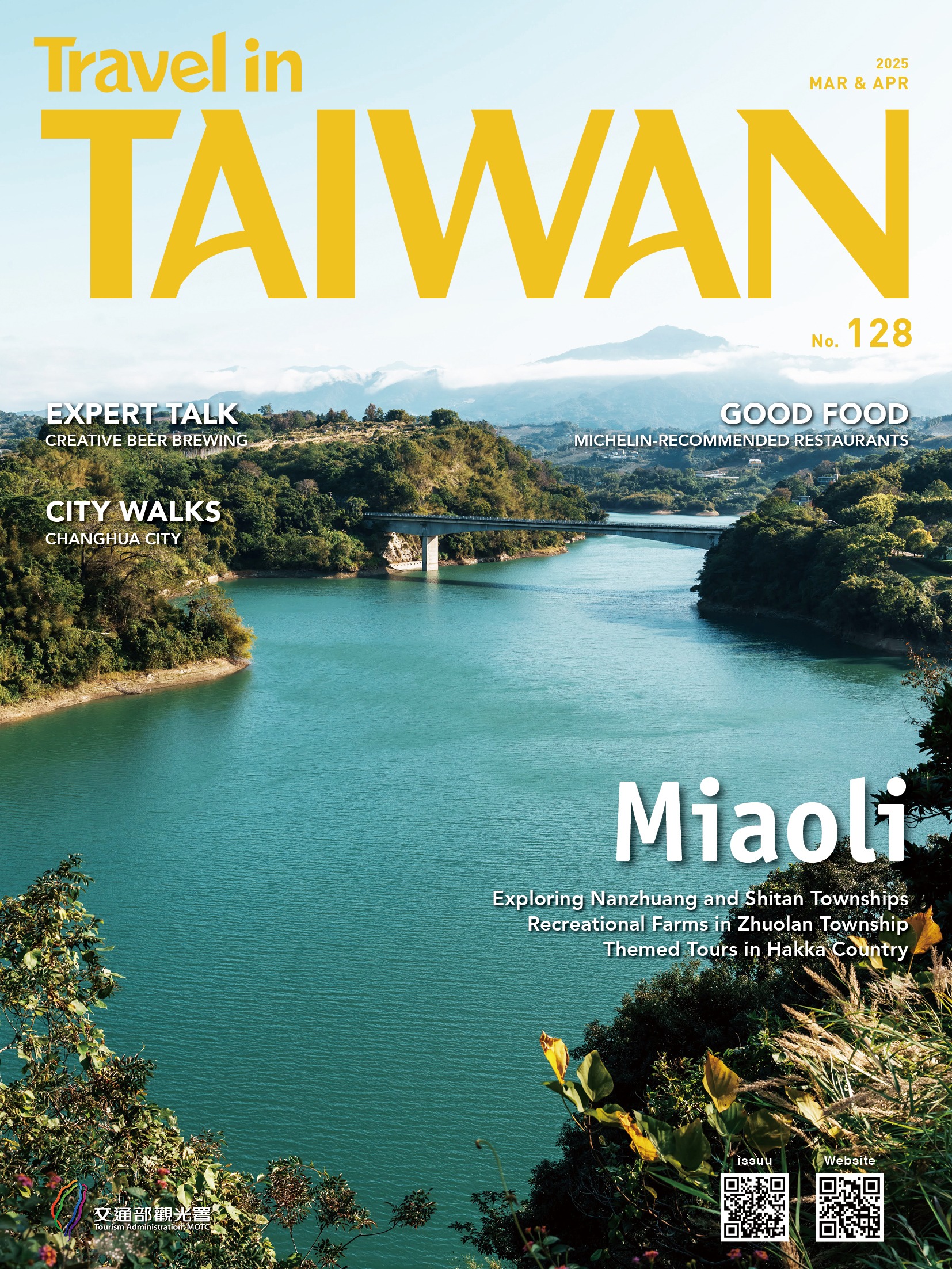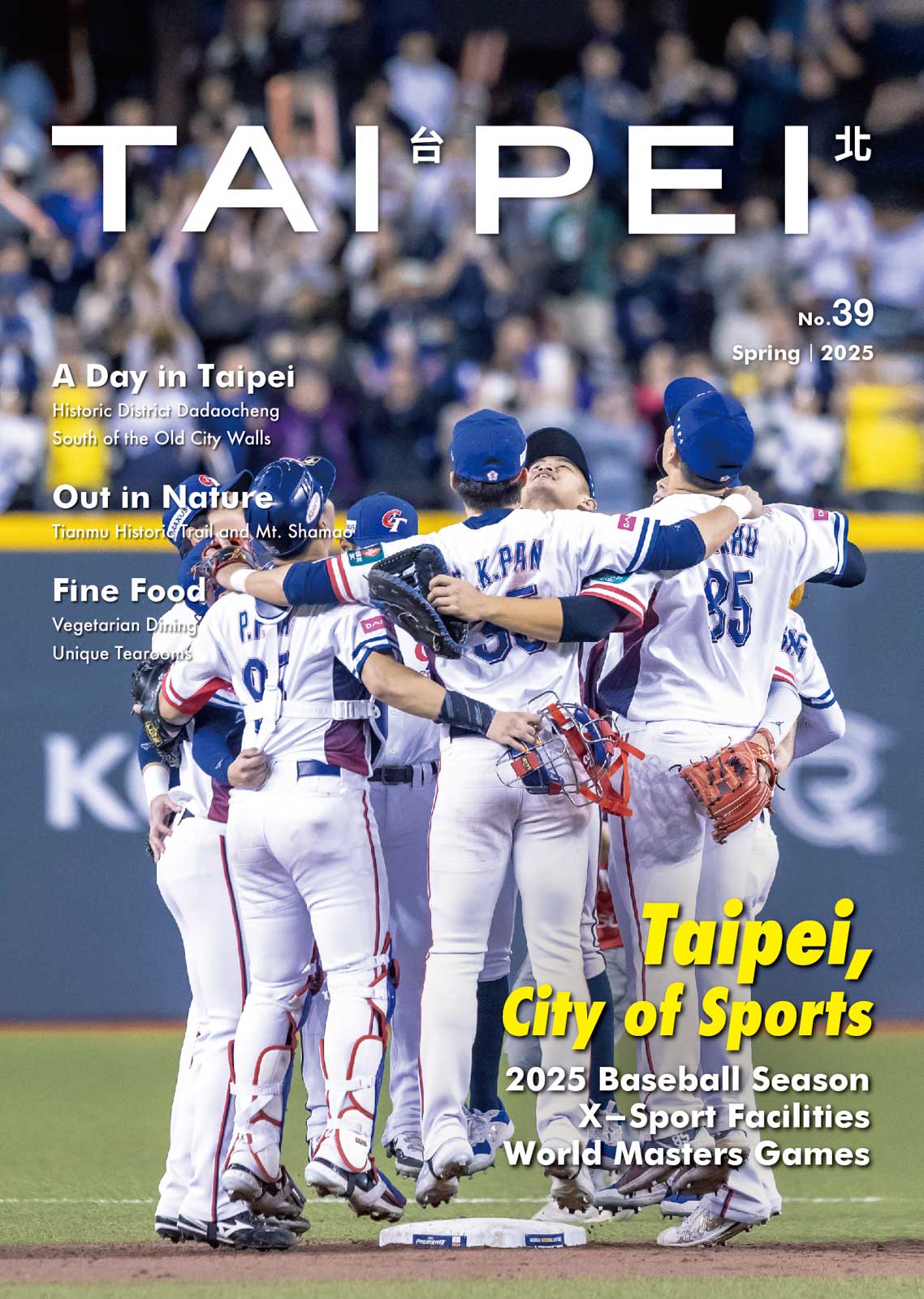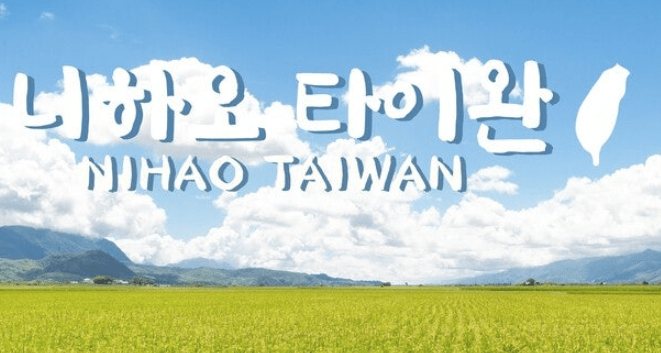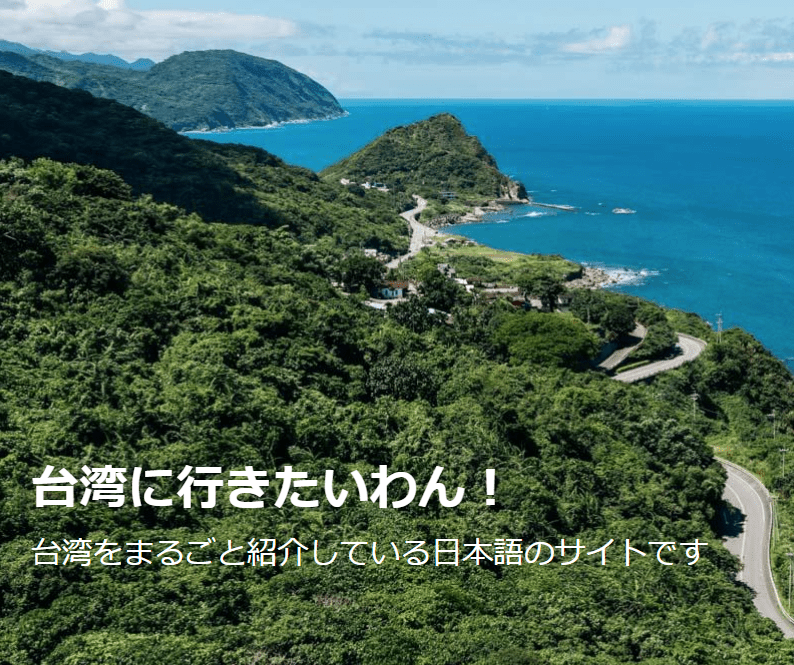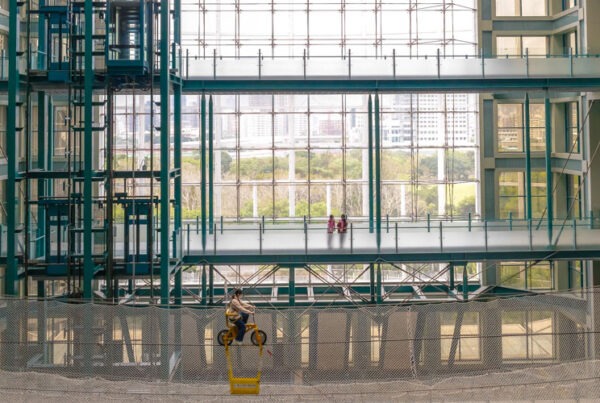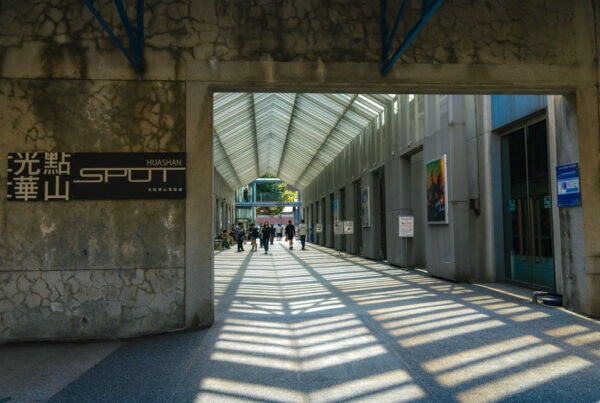The Best in Local Farm Produce In, Award-Winning Vintages Out
TEXT | RICK CHARETTE
PHOTOS | VISION
Since time immemorial, Taiwan has been a crossroads of cultural influences. This is reflected in its spirits realm. The island’s varied indigenous peoples have made millet wine. Han Chinese immigrants brought their rice wine traditions in the 1600s. The Japanese introduced sake when in control of Taiwan 1895-1945. They also introduced grape-growing and -winemaking, on a limited scale. Today the island is home to a small, highly successful, and steadily expanding grape wine industry that proudly sees its vintages now finding their way to the tables of Michelin-starred restaurants in Paris, London, and New York. Following, we visit leading Taichung wineries using multifarious local crops, which have been steadily racking up prestigious international awards since the early 2010s.
Shu-Sheug Leisure Domaine
It can be said that Taiwan’s modern era of making grape wines started right here. The family-run Shu-Sheug Leisure Domaine operation, now in fourth-generation hands, is on the north-facing slope of a low ridge running east-west through Taichung’s rural Waipu District. Before 2002 and Taiwan’s WTO entry, winemaking was a government monopoly, and grapes were grown (up to 1997) by contracted farmers. As this system ended, most turned to other fruit crops, but Shu-Sheug’s then-in-charge third generation wanted to continue the founder’s legacy and opened a boutique winery.


The founder began his government-contracted cultivating in 1957 – the two grapes chosen, after much government experimentation, were a white, Golden Muscat from New York, and a red, Black Queen from Japan, found best able to handle the challenges of subtropical Taiwan’s heat, humidity, and typhoons. (Decades later the government developed six hybrids, also today being utilized in the industry.)

The government brought inexperienced Shu-Sheug together with a man today celebrated as the father of modern Taiwan viniculture/enology, university professor Chen Chien-hao, who now works intimately with various boutique operations. Chen saw the similarities between the conditions in Madeira (the Portuguese archipelago off the northwest coast of Africa) and Taiwan (save the rainfall), and helped Shu-Sheug develop a special Madeira-style-mimicking thermal maturation process using oak barrels to create two fortified wines, Moscato Oro and Formosa Rosso Vino Fortificato NV, that put Taiwan on the global wine-connoisseur map with wins in elite international competitions starting in the early 2010s.


Chen and Shu-Sheug continue to innovate, introducing the dry ice soaking method, the gravity-flow winemaking process, and the exciting young “wine of the sea” process recently developed on the Adriatic. Shu-Sheug places bottled wine 20m down in the Taiwan Strait, in cages, for seven months; the special conditions create a hyper-accelerated aging process, making the wine smoother, more mellow, and less tannic, with a more complex flavor profile.
Winery tours are offered (Chinese), with advance notice. There’s also a combination café/restaurant/retail shop/tasting counter. The kitchen serves “red wine cuisine,” such as red-wine beef noodles.


Shu-Sheug Leisure Domaine (樹生休閒酒莊)
Add: No. 88, Shuitou 2nd Rd., Liufen Borough, Waipu District, Taichung City
(台中市外埔區六分里水頭二路8號)
Tel: (04) 2683-3298
Website: www.shu-sheug.com (Chinese)
Wu-Feng Farmer’s Association Distillery
Wu-Feng Farmer’s Association Distillery, a maker of award-gathering sake, shochu, and fruit wine, is located in Wufeng District, an agricultural area southeast of Taichung’s urban core, tucked up against the base of the central mountains. Wufeng has a reputation for some of Taiwan’s highest-quality and most aromatic rice, perfectly suited for the production of the winery/distillery’s libations. The fruit wines showcase such high-grade Wufeng agri-products as lychee, pomelo, plum, and honey. Management also proudly proclaims the purity of the water it uses, brought in from the nearby mountainous Puli Township in Nantou County, known island-wide for its sweet, pristine spring waters. The operation is in a large facility, originally the Wanfeng Old Granary, which has been attractively renovated with a dashing modern look.

The collective enterprise has been creating sake/shochu since 2005, cooperating with the aforementioned Professor Chen’s National Kaohsiung University of Hospitality and Tourism, known for its expertise in wine and spirits production. Personnel spent time in Japan learning ancient Japanese hand-production techniques, bringing back the famed Japanese “sake toji” (brewmaster) spirit, which the team defines as “soulful dedication to the aesthetics and legacy of sake.” The operation won its first of many international medals in 2010.

The complex has an impressively large and attractive showroom (with an attached café) that is more like a mini-museum. Along one wall is a detailed illustrated explanatory tour of the sake-brewing process, and there’s a stylish sampling bar where your guide explains the many different choices available. Another section displays myriad other Wufeng Farmers’ Association products, from wine/spirit-infused noodles to jams to dried fruit and vegetable snacks to vacuum-packed rice.

Currently being specially promoted are the distillery’s “San Jin” or “Three Golds” – vintages that have captured gold in top international competitions. These are its Taiwan Sake, Rice Shochu, and Honey Wine (which is also made with lychee).

Wu-Feng Farmer’s Association Distillery (霧峰農會酒莊)
Add: No. 345, Zhongzheng Rd., Wufeng District, Taichung City
(台中市霧峰區中正路345號)
Tel: (04) 2339-9191
Website: twwfsake.com (Chinese)
Daan Wineland
Taichung’s Daan District is west of Waipu District, abutting the Taiwan Strait, the Daan River on its north, Dajia River on its south. As with the Wufeng venture just visited, Daan Wineland, run by the Daan Farmers’ Association, is a showcase operation for the varied top-notch produce harvested by the district’s tapestry of small-scale farms.

Its most distinguished creations, winners of its highest number of local and international awards, are its brandy created with Black Queen grapes along with its Japanese-style shochu crafted with taro. Other offerings include wines made with Golden Muscat grapes and plums, shochu made with both taro and sweet potato, and traditional Chinese-style rice wines.

Daan is a key hub for taro cultivation. All around the winery are farm fields thick with the unmistakable oversized leaves of taro plants, forming mini-seas of green waving in the breezes off the strait. Taro and sweet potato are farm products of iconic Taiwan cultural character, and here they are proudly used to produce one-of-a-kind shochu – Daan says the only such spirits of these flavors in Taiwan – which the team pridefully declares to be “of Japanese origin with true local Taiwan personality.” The master distiller specially studied shochu-production techniques in Japan.

For Daan’s grape wines and brandies, classical French technique is meticulously employed, and premium-quality winemaking equipment from France is used. An elite-level copper pot imported from Italy is used for distilling, and the wines and brandies crafted are stored in barrels of superior-grade American oak produced by the distinguished World Cooperage company.

In recent promotions, a key has been Daan’s selection as a Taiwan rural winery of excellence for 13 years by the Ministry of Agriculture’s Agriculture and Food Agency. Among other supports, the AFA helps local rural wineries enter international competitions. If you cannot visit in person, note the best of rural winery products are showcased at the annual Taipei International Wine & Spirits Festival (Pavilion of Rural Wineries).
Daan Wineland (大安農會酒廠)
Add: No. 92-1, Zhongsong Rd., Daan District, Taichung City
(台中市大安區中松路91號)
Tel: (04) 2671-0909
About the author

Rick Charette
A Canadian, Rick has been resident in Taiwan almost continually since 1988. His book, article, and other writings, on Asian and North American destinations and subjects—encompassing travel, culture, history, business/economics—have been published widely overseas and in Taiwan. He has worked with National Geographic, Michelin, APA Insight Guides, and other Western groups internationally, and with many local publishers and central/city/county government bodies in Taiwan. Rick also handles a wide range of editorial and translation (from Mandarin Chinese) projects.




